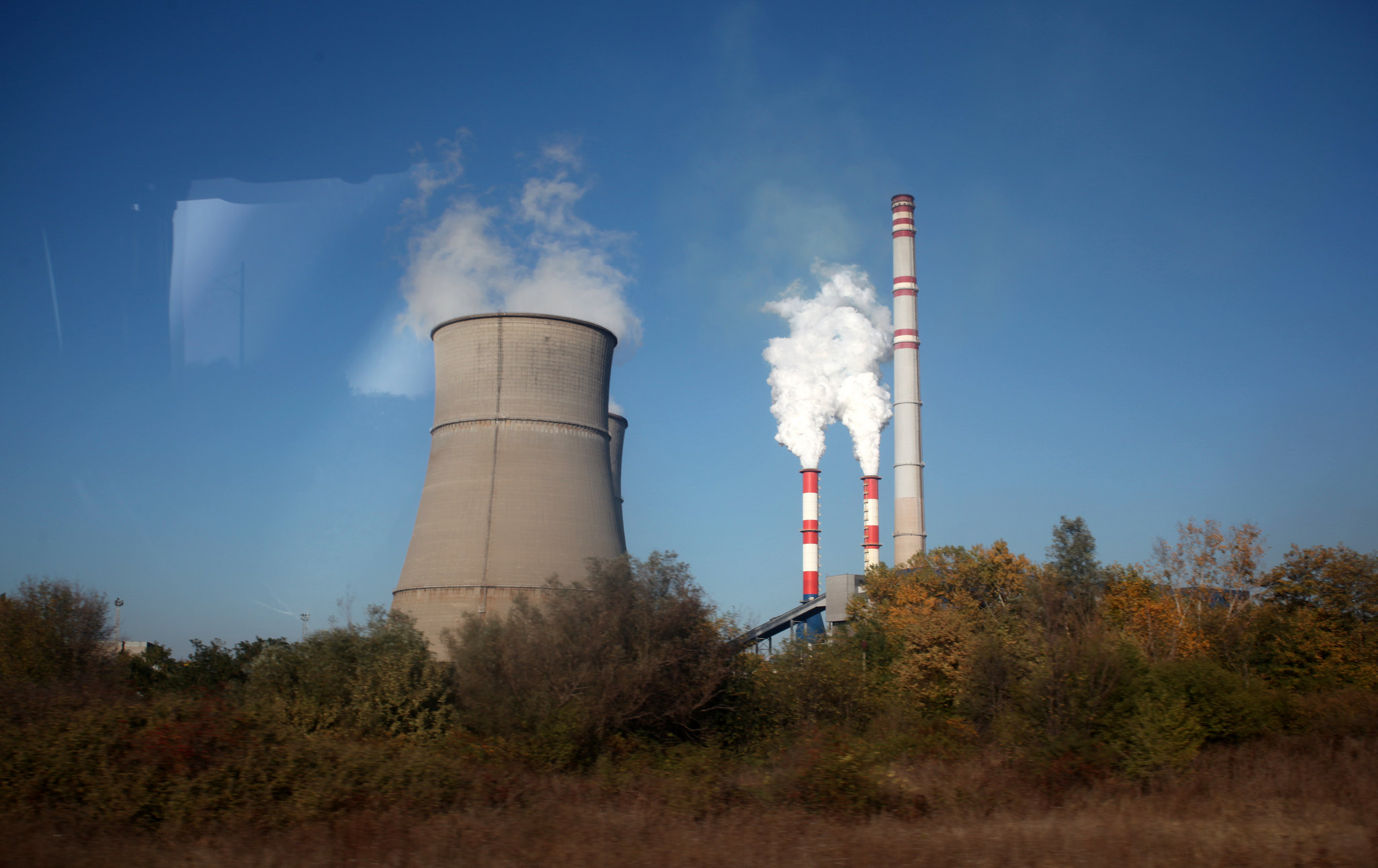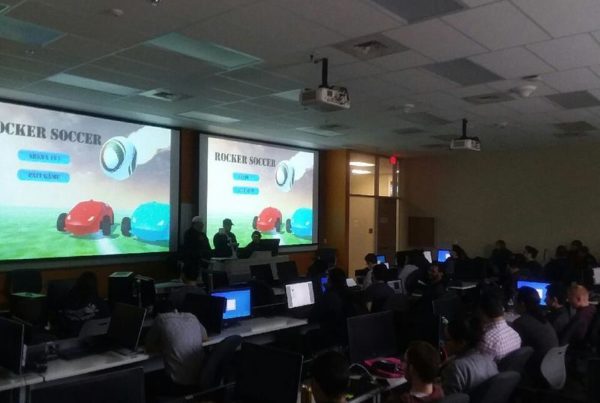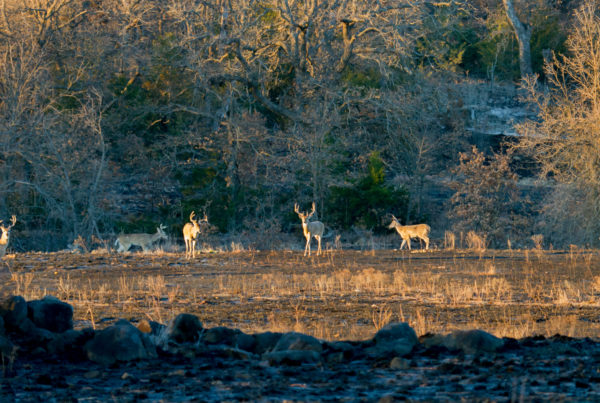In the battle against climate change, many critics say the only answer lies in new energy technology – something that is cleaner and greener, but can still power cities and neighborhoods. Carbon capture could be one such technology. But many say it’s more science fiction than fact.
Akshat Rathi, a reporter for the online tech publication Quartz, set out to find out whether the approach is for real. He has spent the last year investigating.
Rathi offers this definition for carbon capture. “It’s the ability to capture the emissions coming from a fossil fuel power plant or industry and then compressing it and burying the carbon dioxide underground so that it doesn’t enter the atmosphere and increase global average temperatures.”
Carbon capture is controversial because it is based on cleaning up existing “dirty” energy generators, rather than “clean” sources, like wind and solar power.
“There is a perception that carbon capture and storage is subtractive, whereas renewable energy is additive, because it is adding more power,” Rathi says. “But that’s the wrong way to think about it, because if our goal is to reduce emissions, then all technologies that can reduce emissions should be given the same fair play on the market.”
Rathi’s investigation highlighted a carbon capture project at the WA Parish Generating Station in Sugarland. The plant includes natural gas, and coal-fired units. One of the coal units was retrofitted for carbon capture. The energy captured travels 50 miles through a pipeline, where it is injected into an oil field.
“Because they give the carbon that’s trapped to an oil company, they’re able to increase the oil revenues coming from there and that balances out the equation,” Rathi says.
Expanding carbon capture would require changes in energy policy, Rahi says.
“Unless we put some sort of price on carbon – it doesn’t have to be a price that people trade in cap and trade systems such as the one that just launched in China today – …unless there is a price, this thing won’t scale up very much,” Rathi says.
Written by Shelly Brisbin.















